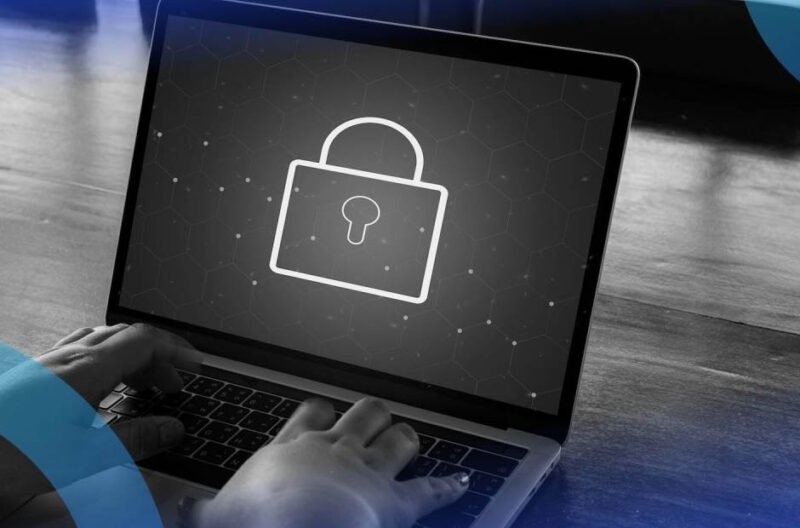
With the rise of remote work, home-based enterprises are burgeoning, but with this convenience comes the crucial task of securing your business in a digital landscape that’s fraught with threats.
This comprehensive guide explores effective strategies to safeguard your home-based enterprise, ensuring the protection of sensitive data and maintaining business continuity. As the boundaries between personal and professional spaces blur, a robust security framework becomes imperative to shield against the ever-evolving cyberthreats that can compromise the integrity of your enterprise.
Understanding the Threat Landscape
To fortify your home-based enterprise, it’s vital to understand the evolving threat landscape. Cybercriminals constantly adapt, making it essential to stay informed about the latest tactics, such as phishing attacks, ransomware, and malware. Regularly updating your knowledge ensures a proactive approach to security. Subscribe to industry newsletters, participate in webinars, and engage in forums to stay abreast of emerging threats, allowing you to tailor your defenses to the evolving nature of cyberthreats and vulnerabilities.
Robust Network Security Measures
Establishing a secure network is paramount. Implementing strong passwords, enabling encryption, and regularly updating your router’s firmware are fundamental steps. Consider hardware firewalls like those offered by WatchGuard Online, that provide advanced protection against cyberthreats, adding an extra layer to your defense strategy. Such hardware firewalls not only safeguard your network but also exemplify the importance of investing in cutting-edge security solutions that adapt to emerging threats, securing your digital infrastructure effectively.
Employee Training and Awareness
Human error remains a significant factor in security breaches. Train your team on cybersecurity best practices, emphasizing the importance of recognizing phishing attempts and practicing good password practices. An informed workforce becomes a valuable line of defense against cyberthreats. Conduct regular training sessions, simulate phishing scenarios to assess readiness, and foster a culture of continuous learning to ensure that your employees are well prepared to navigate the dynamic landscape of cyberthreats.
Secure Device Management
Home-based enterprises often rely on a variety of devices. Ensure that each device is equipped with updated antivirus software, firewalls, and encryption tools. Establish policies for secure device usage, including guidelines for personal devices brought into the work environment. With the increasing prevalence of Bring Your Own Device (BYOD) policies, it’s crucial to strike a balance between flexibility and security, implementing measures that protect your business without hindering the efficiency and convenience offered by personal devices.
Additionally, conduct regular device audits to ensure compliance with security protocols and identify any vulnerabilities. This ongoing monitoring reinforces a culture of cybersecurity within your home-based enterprise, promoting accountability and a proactive stance toward emerging threats in the ever-evolving digital landscape.
Regular Data Backups
Mitigate the impact of potential security incidents by implementing a robust data backup strategy. Regularly back up critical business data to secure, offsite locations. In the event of a cyber-attack, having recent backups ensures minimal disruption and aids in a swift recovery. Additionally, perform regular test restores to validate the effectiveness of your backup strategy and ensure that your business can quickly bounce back from any unforeseen incidents, minimizing downtime and potential data loss.
This proactive approach not only safeguards against data loss but also allows your team to identify and address any potential issues in the restoration process before they become critical. Regular testing instills confidence in the reliability of your backup system, forming a crucial aspect of a resilient cybersecurity strategy.









